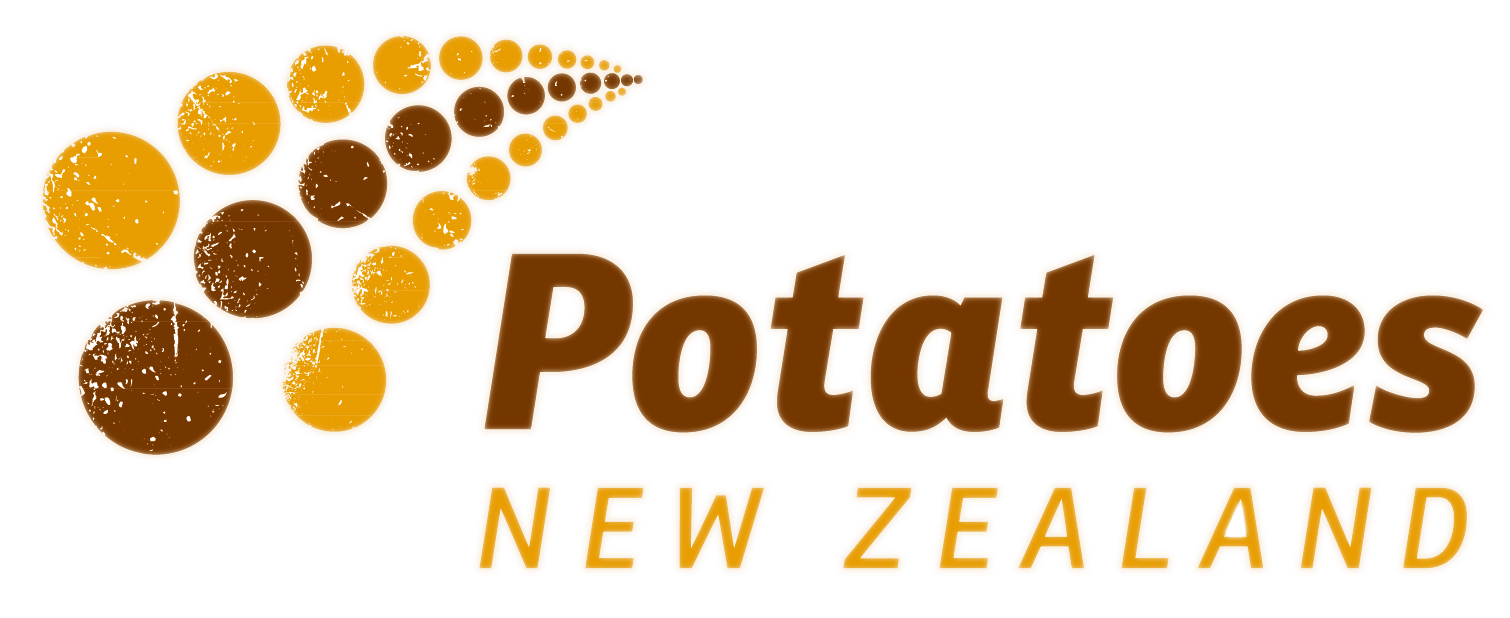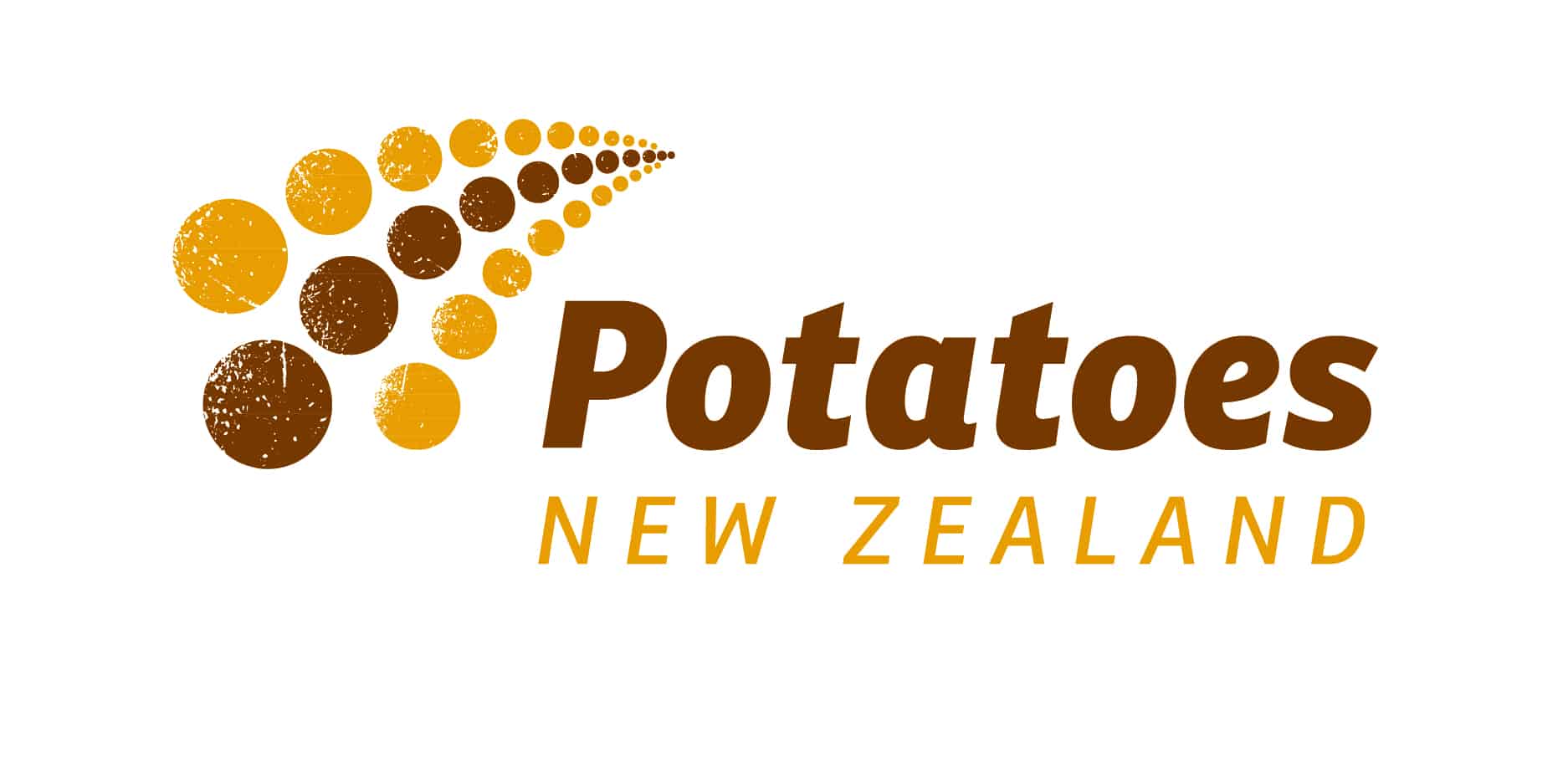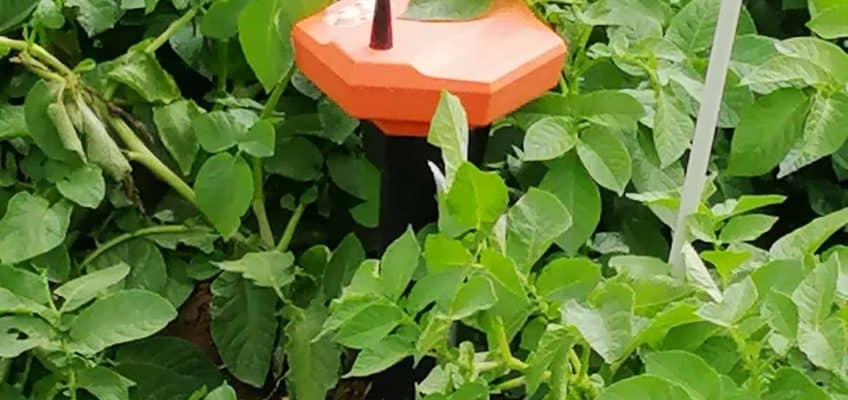Potatoes New Zealand’s Research & Development programme are excited to launch their latest project.
The Potato Nutrient Emissions Project (PNZ-79) is a multi-workstream national project aimed at analyzing nitrate uptake and nutrient leaching, Teralytic probe data efficacy and Overseer prediction validation for potato crops in multiple regions throughout New Zealand.
The overall aims are:
- To maintain the potato industry’s social license to operate
- To protect its ability to grow process & export potatoes, while meeting environmental standards and maintaining international competitiveness.
- To protect its ability to grow process & export potatoes, while meeting environmental standards and maintaining international competitiveness.
- To ensure industry access to land, water and nutrients through National, Regional and farm programs in order to achieve industry growth targets.
The extent to which current management practices in Potato cropping contribute to leaching, whilst also clarifying the most effective means of measuring this.
We anticipate the outcome will be a greater understanding of how much nitrate and nutrients potatoes take-up and the extent to which current management practices in Potato cropping contribute to leaching, whilst also clarifying the most effective means of measuring this.
Overseer currently predicts nitrate leaching for potato cropping and is used as a nutrient management tool by growers and councils to calculate nutrient loss. The problem being that different potato varieties, grown under different conditions, on different soils, in different rotations will uptake nutrients differently. PNZ is planning to provide Overseer with empirical data from the potato crop trials to ensure predictions for nutrient loss are improved.
There has been limited empirical data collected on the nutrient leachates of vegetable crops in New Zealand. Datasets created historically have been focused mainly on improving crop yield. PNZ is taking the opportunity to revisit these historical datasets and also incorporate empirical leachate data from the trials to provide better cropping management while ensuring emission and discharge mitigation and compliance.
It’s definitely time to ensure we have the best nutrient data collection and the most accurate results, to ensure continued consent for growing potatoes in NZ.
Here’s the plan.
Workstream 1 – PFR- Nitrate Leaching Below the Potato Root.
Plant and Food Research (PFR) will conduct standard soil testing and pilot the new technology of Teralytic probes as part of a field trial at Lincoln. 60 probes will be deployed and the data produced will be validated against standard soil testing. Crop biomass measurements will be taken to measure N uptake by the crop, partitioning into canopy and tubers.
Workstream 2 – Regional Trials & On-farm probes
Three regional on-farm trials will be conducted in parallel with the experimental trials conducted by PFR, Lincoln. Three paddocks of potatoes in Pukekohe/Pukekawa/Matamata, Horowhenua/Levin/Hawkes Bay and Ashburton/Selwyn will be chosen as part of the regional trials. Potato cultivars trialed will be Chip processing varieties, Crisp processing varieties and Table varieties. The regional trials will be managed respectively by Andrew Barber of Agrilink, Dan Bloomer of LandWISE and Iain Kirkwood PNZ Technical Manager.
Building on the work carried out in the recently completed Remote Sensor Nutrient Management Trials (PNZ-67), 18 Teralytic probes will be deployed in each region with six on each paddock. Running in parallel will be standard soil testing methods and Overseer modelling. The regional trial results will be validated with PFR Lincoln trial results. Overseer predictions of nitrate leaching in the regional trials will be compared with the empirical data from PFR & the regional trial data. Where available and appropriate data from the PFR fluxmeter network will be utilized to further corroborate nitrate leachate levels measured.
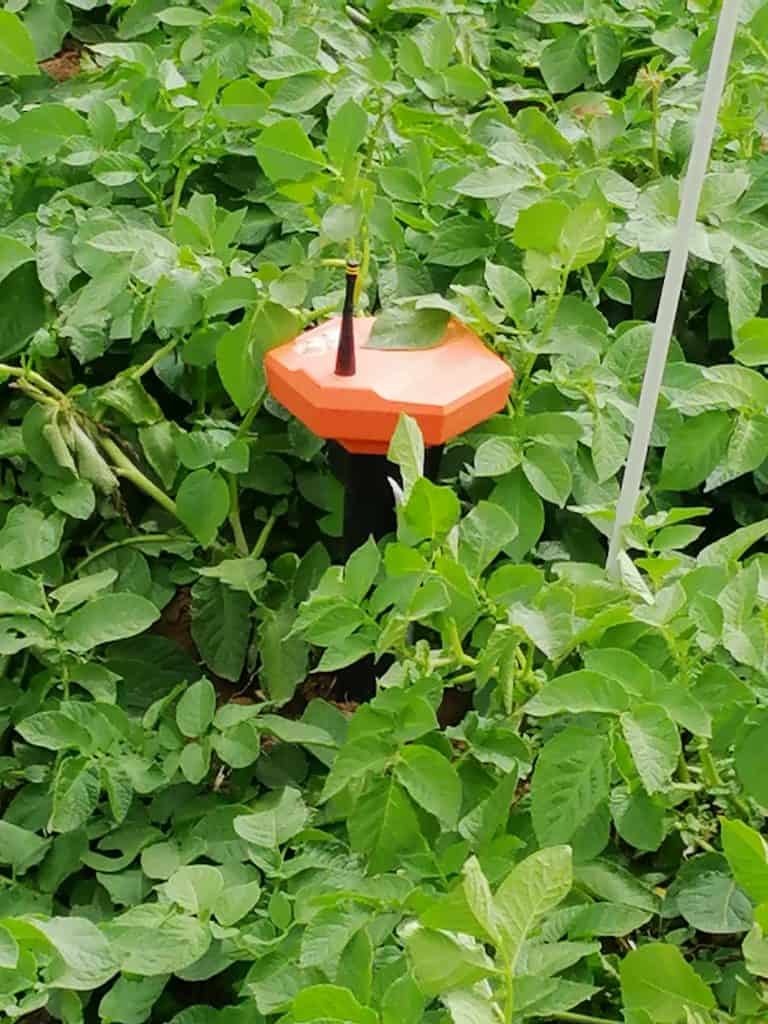
Building on the work carried out in the recently completed Remote Sensor Nutrient Management Trials (PNZ-67), 18 Teralytic probes will be deployed in each region with six on each paddock. Running in parallel will be standard soil testing methods and Overseer modelling. The regional trial results will be validated with PFR Lincoln trial results. Overseer predictions of nitrate leaching in the regional trials will be compared with the empirical data from PFR & the regional trial data. Where available and appropriate data from the PFR fluxmeter network will be utilized to further corroborate nitrate leachate levels measured.
Other projects such as the recently completed Don’t Muddy the Waters (PNZ 12) and the Future Proofing Vegetable Production (PNZ-62) and NZGAP Soil Erosion & Phosphate Dashboard (PNZ-73) will be integrated with the regional trials to ensure that there is an overall coherent approach to potato nutrient emission research.
LandWISE will monitor the Overseer work and track the three regional trials
The Teralytic data will be analysed to evaluate its effectiveness in crop management and its possible usage as a monitoring and compliance tool for nutrient emissions.
Workstream 3 – On-farm tuber & soil testing
Tubers and soil from the three regions will be tested. Values recorded will be used to provide crop biomass and N uptake to validate Overseer growth rate parameters. We expect there may be regional variances and cultivar differences which if identified will be used to improve compliance model. International experts as part of the project will review existing Overseer potato growth parameters and peer review the taskforce activities. An international literature survey will be conducted to gather the latest international evidence on potato crop growth parameters and understand what trends are occurring internationally.
Workstream 4 – Data aggregation, data sharing and extension activities
PNZ will undertake extension activities and technology transfer to growers via regional field walks planned for Feb 2020, 2021, 2022 at the regional field trials site and at the PFR field trial site at Lincoln. Data, results and recommended best practice will also be communicated via technical bulletins to growers and the industry. There is an increasing requirement from Central Government for the industry to understand and predict its emissions. Data collated will assist in carbon and greenhouse gas emission modelling for the potato industry. Where appropriate, experimental design, data and evidence collected will be shared with other vegetable product groups to ensure minimal duplication of effort and the leverage of all the vegetable product groups activities in this area.
PNZ has sought and gained the support of other vegetable product groups. Discussions are ongoing as how to better co-ordinate resources and activities to ensure efficient grower levy expenditure.
A Taskforce of relevant individuals will be formed to assist in ensuring the best practice of the project and that the information gets to the right people. Further information will be provided at the upcoming Potato NZ Conference on the 13th & 14th of August 2019 in Christchurch. If you have any interest in the project please contact Chris Claridge 021 577 387 or puevf.pynevqtr@cbgngbrfam.pb.am
The following R&D projects are funded using PNZ Grower Levies:
PNZ-79, Potato Nutrient Emissions Project
PNZ-73, NZGAP Soil Erosion & Phosphate Dashboard
PNZ 12, Don’t Muddy the Waters
PNZ-62, Future Proofing Vegetable Production
